Section B 短文
Passage one
Karon Smith is a buyer for the department store in New York. The apartment store buyers purchase the goods that their stores sell . They not only have to know what is fashionable at that moment, but also have to guess what will become fashionable next season or next year. Most buyers were for just one department in a store. But the goods that Karon finds maybe displayed and sold in several different sections of the store. Her job involves buying handicrafts from all over the world. Last year, she made a trip to Morocco and returns with drugs, pots, dishes and pants. The year before, she visited Mexico. And bought back handmade table cloths, mirrors with frames of tin and paper flowers. The paper flowers are bright and colorful. So they were used to decorate the whole store. This year Karon is travelling in Malaysia, Thailand and Indonesia, many of the countries that Karon visits have government offices that promote handicrafts. The officials are glad to cooperate with her by showing her the products that are available. Karon likes to visit markets and small towns in villages whenever she can arrange for it. She is always looking for interesting and unusual items. Karon thinks she has the best job she could find. She loves all the travelling that she has to do. Because she often visits markets and small out-of-the-way places. She says much more the country she visits than an ordinary tourists would. As soon as she gets back in New York form one trip, Karon begins to plan another.
Passage 2
Mark felt that it was time for him to take part in his community, so he went to the neighborhood meeting after work. The area’s city councilwoman was leading a discussion about how the quality of life was on the decline. The neighborhood faced many problems. Mark looked at the charts taped to the walls. There were charts for parking problems, crime, and for problems in vacant buildings. Mark read from the charts, police patrols cut back, illegal parking up 20%. People were supposed to suggest solutions to the councilwoman. It was too much for Mark. “The problems are too big,” he thought. He turned to the man next to him and said, “I think this is a waste of my time. Nothing I could do would make a difference here.” As he neared the bus stop on his way home, Mark saw a woman carrying a grocery bag and a baby. As Mark got closer, her other child, a little boy, suddenly darted into the street. The woman tried to reach for him, but as she moved, her bag shifted and the groceries started to fall out. Mark ran to take the boy’ s arm and led him back to his mother. “You gotta stay with Mom”, he said. Then he picked up the groceries while the woman smiled in relief. “Thanks!” she said. “You’ve got GREat timing!” Just being neighborly,” Mark said. As he rode home, he glanced at the poster near his seat in the bus. “Small ACTs of kindness add up.” Mark smiled and thought, “Maybe that’ s a good place to start.”
19. What did Mark think he should start doing?
20. What was being discussed when Mark arrived at the neighborhood meeting?
21. What did Mark think of the community’s problems?
22. Why did Mark smile on his ride home?
Passage Three
An distressing childhood can lead to heart disease. What about current stresses? Longer workouts, threats of layoffs, collapsing pension funds. A study last year on the lancer examine more than 11,000 heart attack suffers from 52 countries. It found that in the year before their heart attacks. Patients had been under significantly more strains than some 30,000 healthy control subjects. Those strains came from work, family, financial troubles, depression in other causes. "Each of these fACTors individually was associated with increased risk," says Doctor Salim Yussef, Professor of medicine and candidates McMaster University and senior investigator on the study. Together, they accounted for 30% to overall heart attack risk. But people respond differently to high-pressure work situations, whether it produces hard problems seems to depend on whether you have a sensitive control over life or live at the mercy of circumstances and superiors. That was experiences of John Connell, a rock food Illinois laboratory manager, who suffered his first heart attack in 1996 at the age of 56. In the 2 years before, his mother and 2 of his children had suffered serious illnesses, and his job had been changed in a re-organization. "My life seemed completely out of control," he says, "I had no idea where I would end up." He ended up in hospital due to a block in his artery. 2 months later, he had a triple by-pass surgery. The second heart attack when he was 58, left his doctor shaking his head. "There's nothing more we can do for you," doctors told him.
Question 23 What does the passage mainly discuss?
Question 24 What do we learn about JC's family?
Question 25 What did JC's doctors tell him when he had a second heart attack?
Section C
When most people think of the word “education,” they think of a pupil as a sort of animate sausage casing. Into this empty casing, the teachers are supposed to stuff “education”. But genuine education, as Socrates knew more than two thousand years ago , is not inserting the stuffing of information into a person ,but rather eliciting knowledge from him. It is the drawing out of what is in the mind. “The most important part of education,” once wrote William Ernest Hocking, the distinguished Harvard philosopher, “is this instruction of a man in what he has inside him”. So many of the discussions and controversies about the content of education are futile and inconclusive because they are concerned with what should “go into “ the student rather than with what should be taken out, and how this can best be done. A college student who once said to me , after a lecture, “I spend so much time studying that I don’t have a chance to learn anything,” was briefly expressing his disSATisfACTion with the sausage-casing view of education.
更多六级内容请关注:长沙新东方六级
了解新东方六级课程请点击:六级
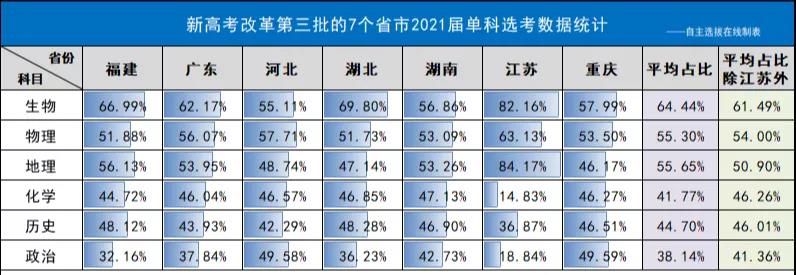
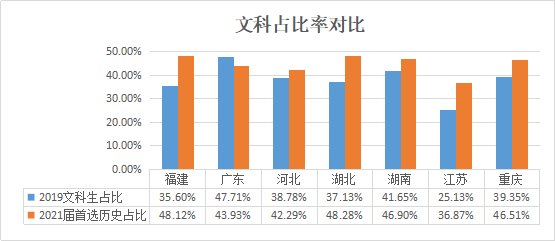
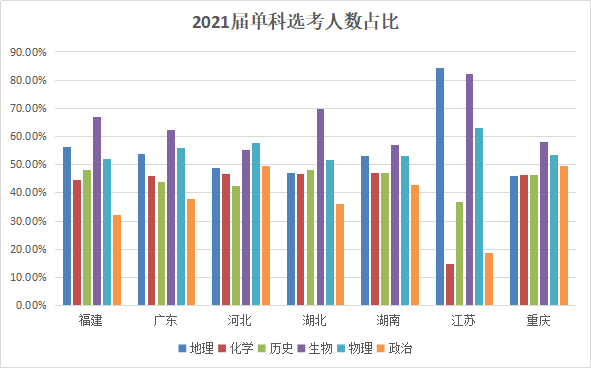









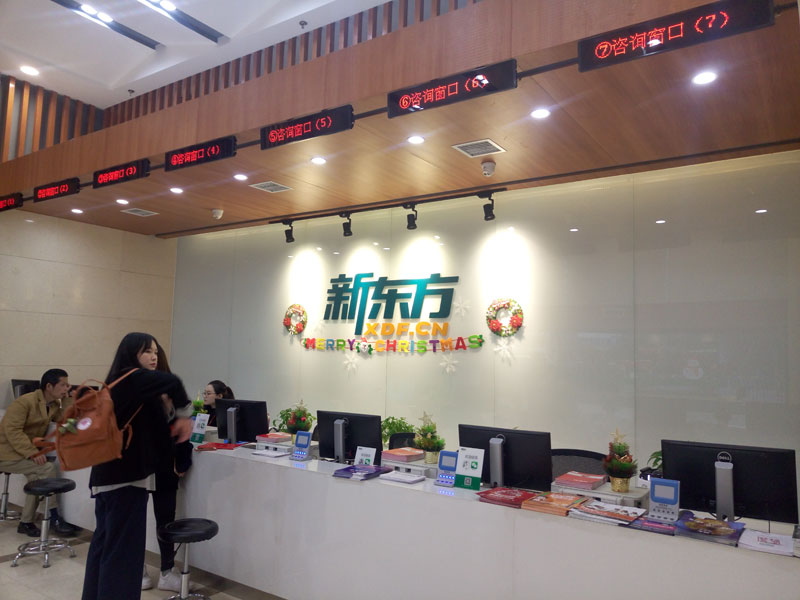
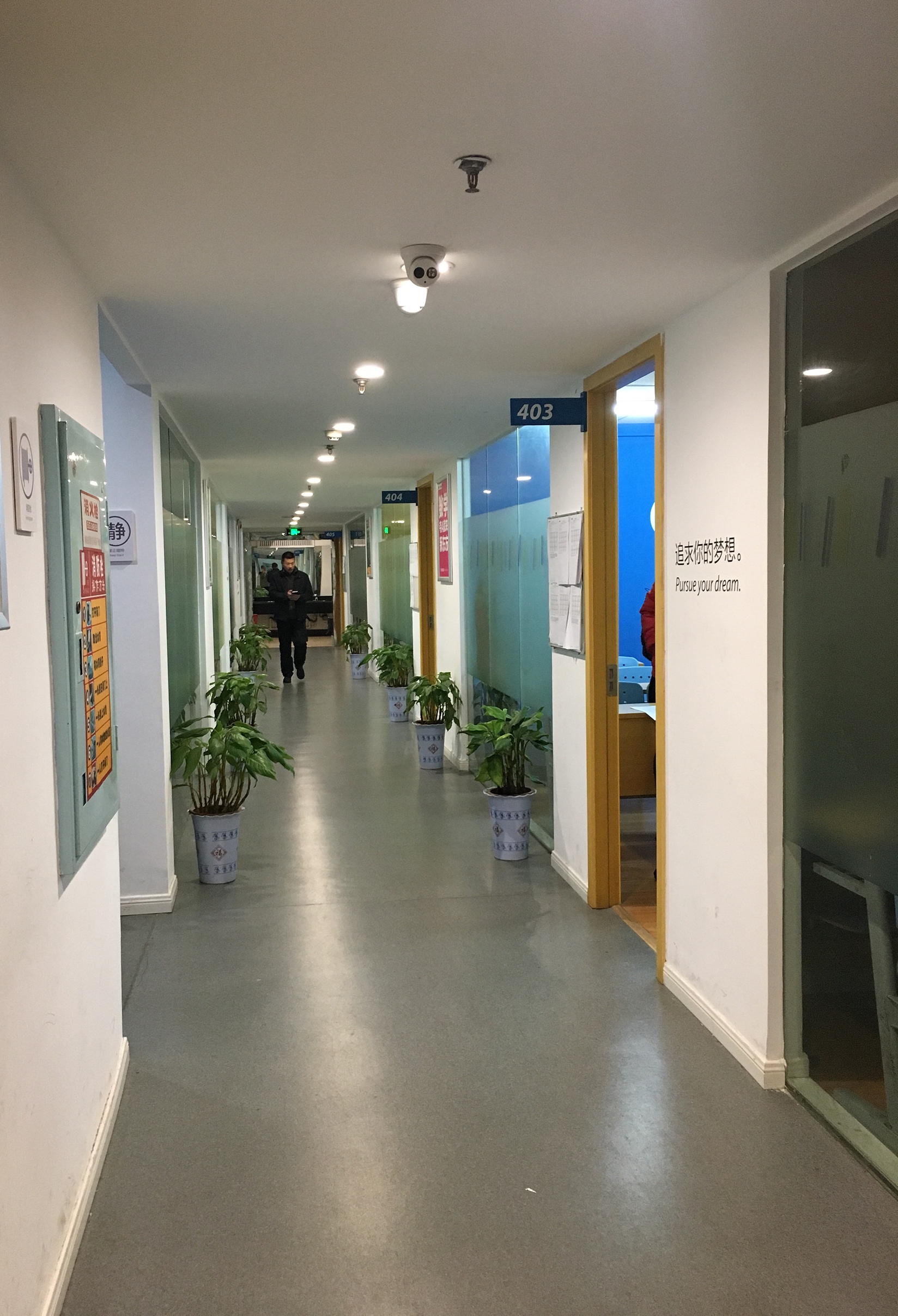
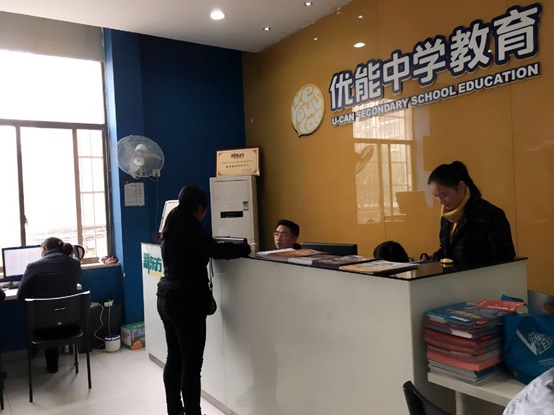
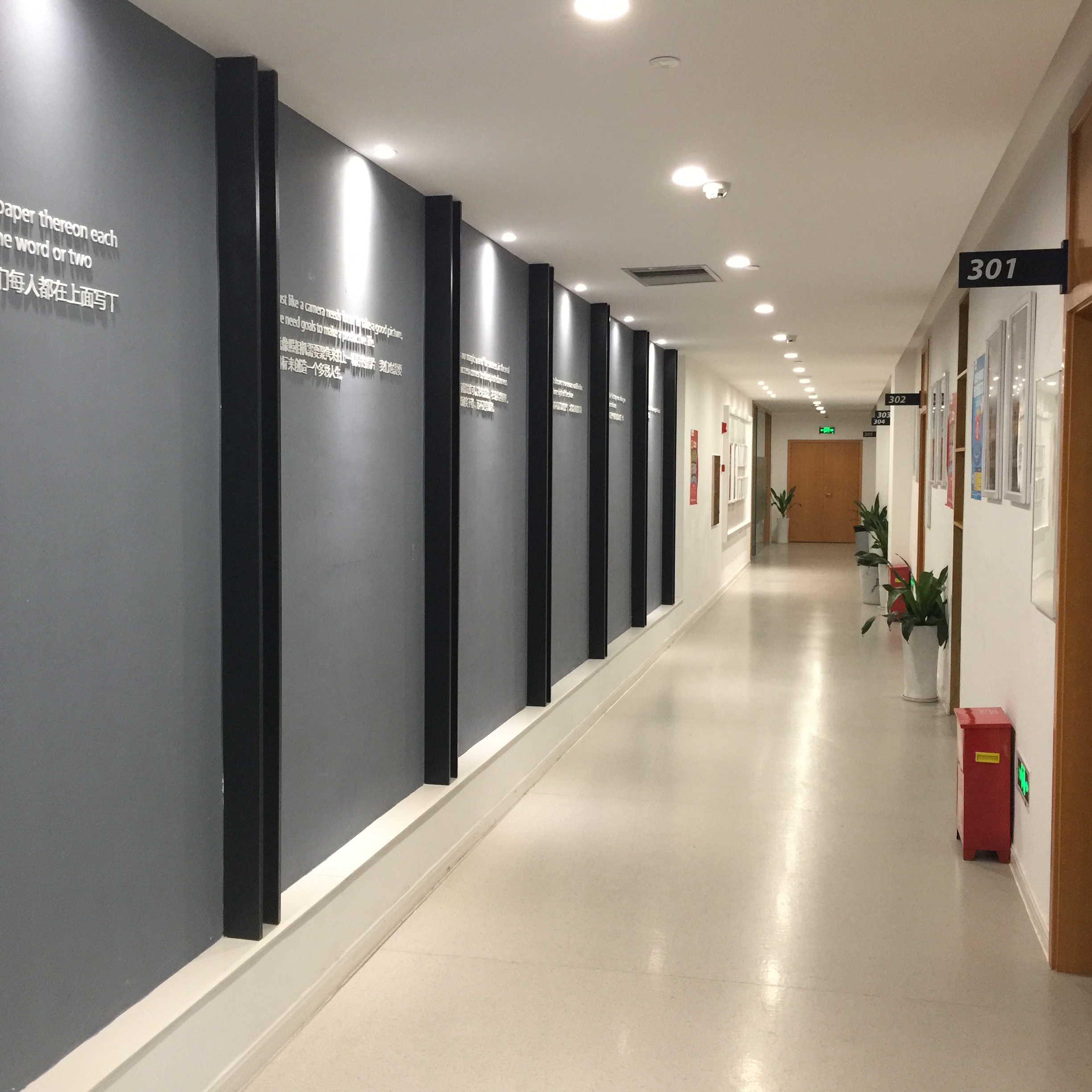
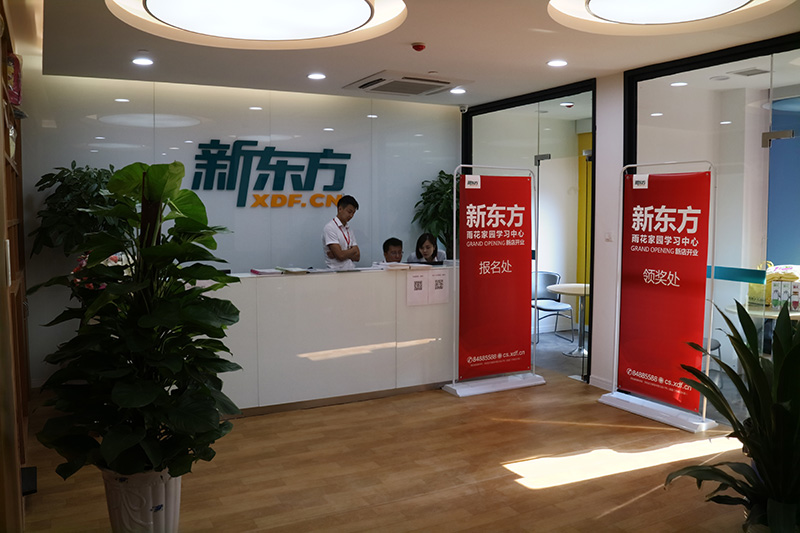




 京公网安备11010802021790号
京公网安备11010802021790号


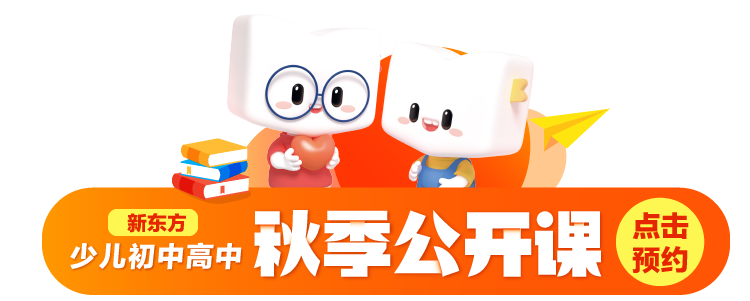
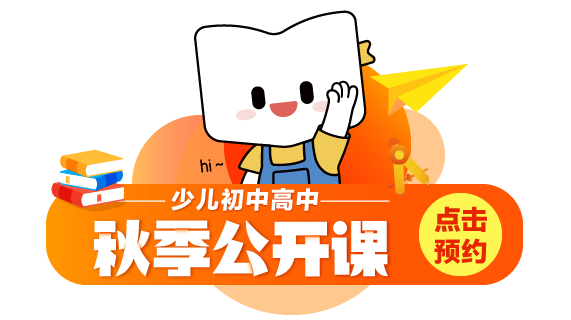





 学习资料
学习资料
